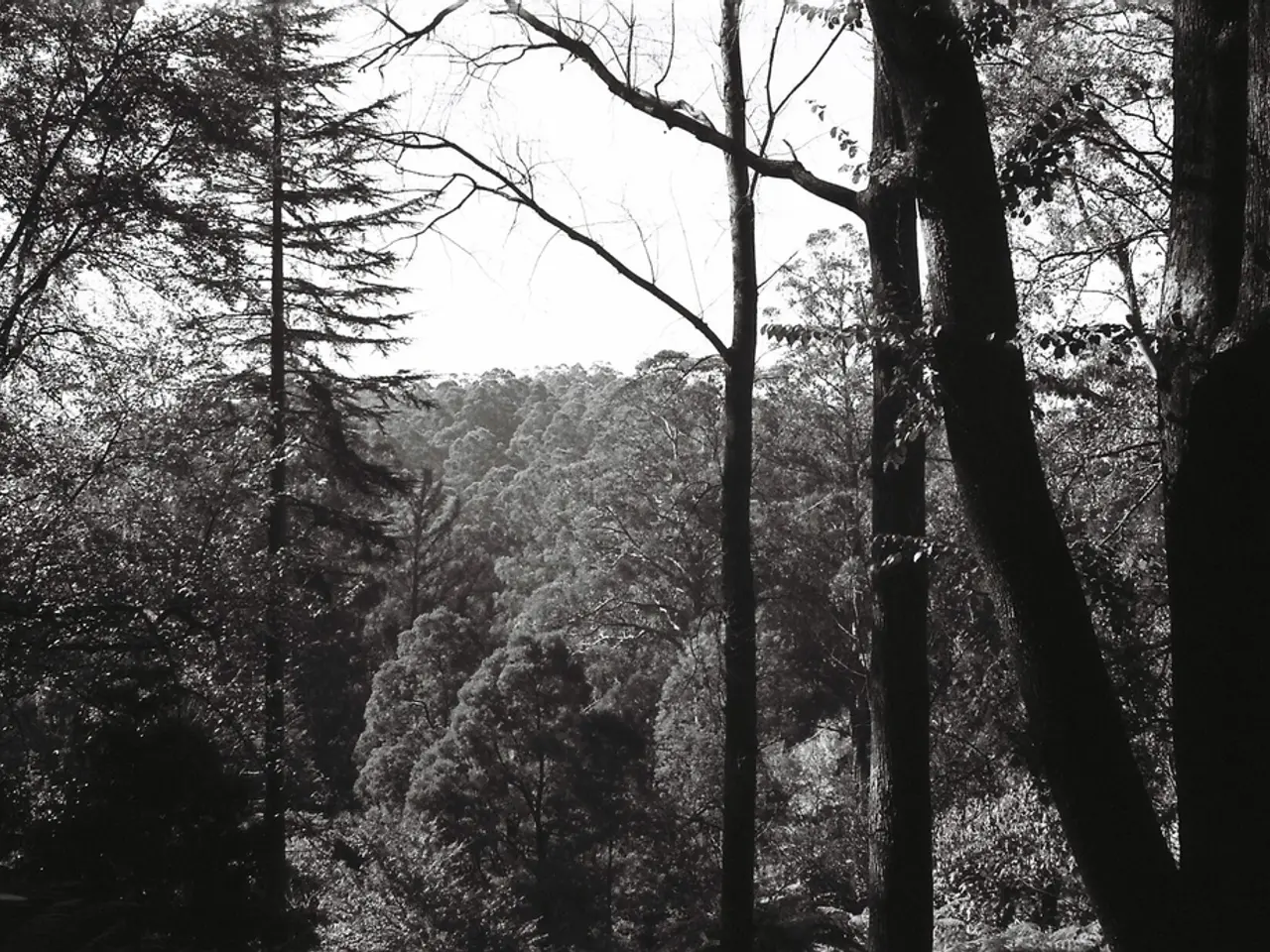Ginkgo trees of the female variety came crashing down on Josefstraße and at the Capuchin moat.
In the heart of Aachen, the city's tree maintenance department has announced plans for redevelopment around Theaterplatz, although the exact date remains undisclosed. As part of these changes, three female Ginkgo trees in Kapuzinergraben are set to be removed, with the felling work expected to be completed by the end of September.
These Ginkgo trees, approximately 40 years old, have been causing a strong, unpleasant odor due to the decomposition of their fruits, which contain butyric acid. Despite measures such as daily cleaning of sidewalks and the collection of fallen fruits, the problem persists. The odor has become intolerable for residents, and public transport passengers have even been refused entry at affected stops.
The removal of these trees from Kapuzinergraben is for the same reasons as those on Josefstraße. A permit for the tree removal has been obtained from both the Climate and Environment department and the city operations' tree maintenance department. The department plans to fell ten female Ginkgo trees on Josefstraße between September 8th and 12th.
However, there is no information available about the species of trees that will be planted to replace those being removed. Additionally, no details have been provided about any measures that will be taken to mitigate the odor problem in Kapuzinergraben.
Replanting in the Kapuzinergraben area will be postponed until the redevelopment around Theaterplatz. In the 2025/2026 planting season, cherry trees with a trunk circumference of 20 to 25 centimeters will be planted at the affected sites.
The strong odor has been a persistent issue in Kapuzinergraben, but with the removal of these trees, residents and visitors may look forward to a fresher environment in the near future.








